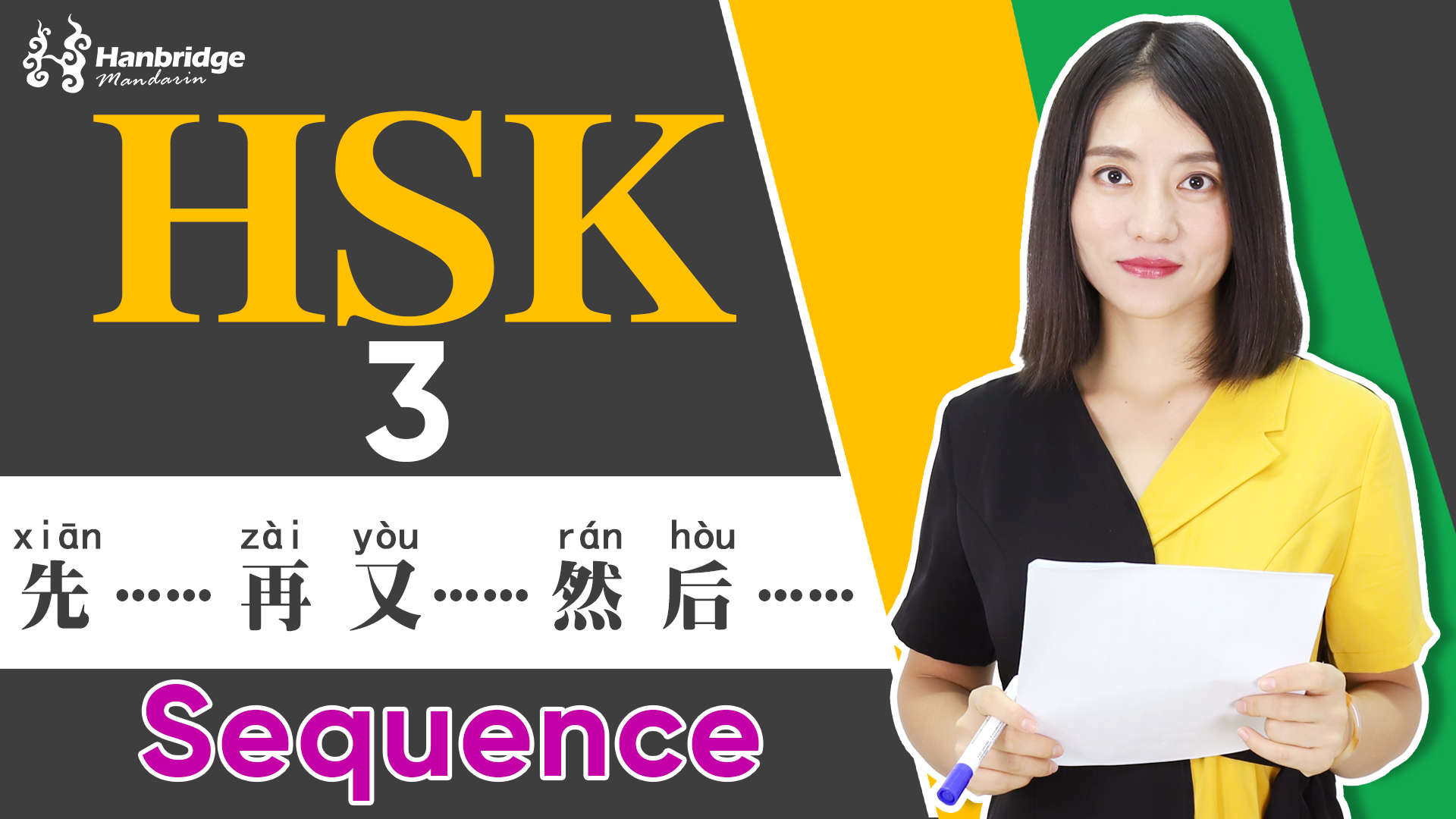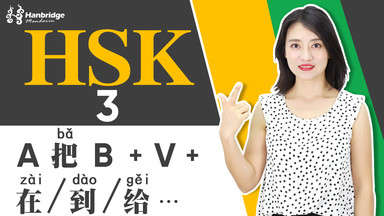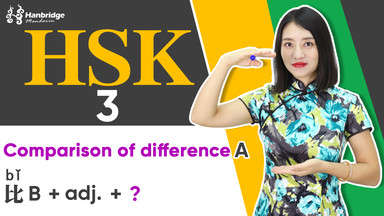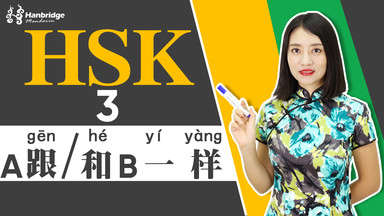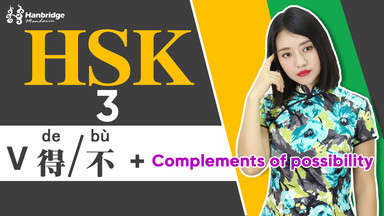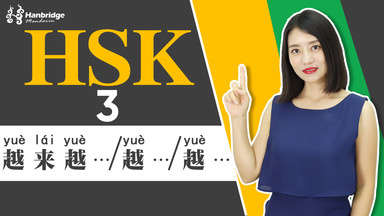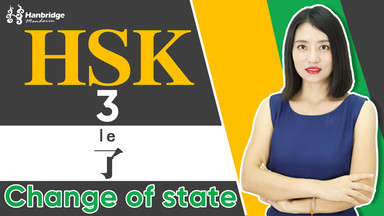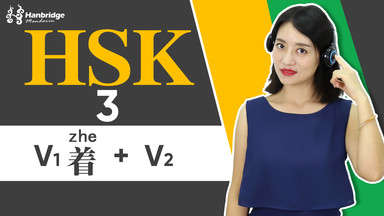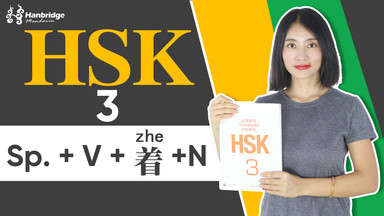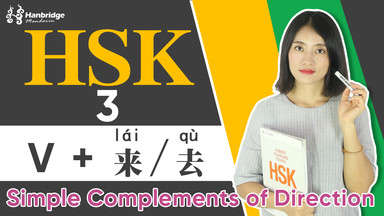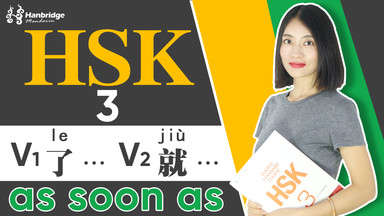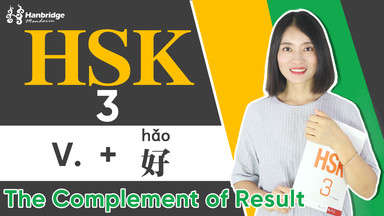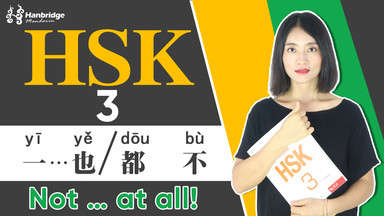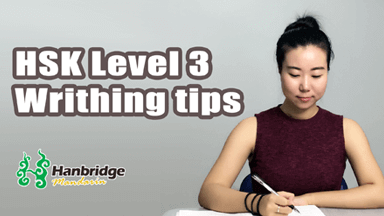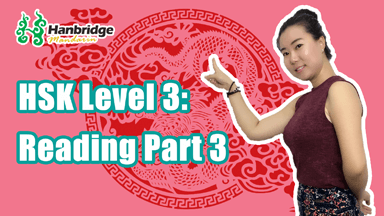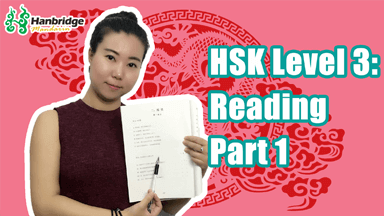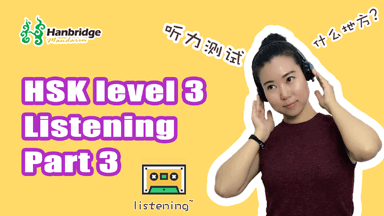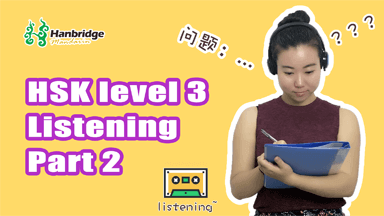HSK 3 Sentence Structure 7
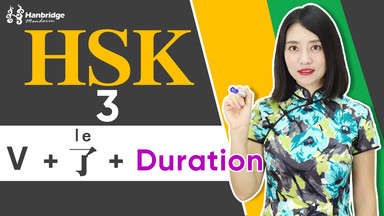

Teacher: Vikki Lv Experience: 4 years
HSK 3 Sentence Structure 7
Teacher : Vikki Lv
你好!我是汉桥的老师,欢迎大家和我们一起学习HSK3.
As you know, “了” is a big word in Chinese and has a lot of different usages.
So far we have learned a few of them, such as the “action completion了”, and“change of state了.”
Today we’re going to learn how to use“了” to indicate an action or state lasting a period of time.
1. 我学了4年中文。
2. 他等了15分钟车。
3. 她在中国住了6个月。
In the examples above, we put 了 right after the verbs 学习, 等, 住and after 了 there are periods of time like 4年,15分钟 and 6个月。So we use the structure “V + 了 + Duration” to express that the action or state lasts a period of time.
However, we can’t get further information from this expression about whether the action or state is still happening now. There can be various situations.
Take the first sentence as example, if I say
1. 我学了4年中文,现在仍然在学习。It means I’m still learning
Or it can be 大学期间,我学了4年中文,后来一直没机会练习。So I stopped learning since I graduated.
第二个例子, if I say:
2. 他等了15分钟车, 不知道还要等多久。He is still waiting.
Or 他等了15分钟车,所以他迟到了。The action happened and finished and he is not waiting any longer.
第三个句子,if I say:
3. 她在中国住了6个月,再过2个月回国。The state of “living” is still happening. 3年前她在中国住了6个月。 She had been living in China for 6 months 3 years ago but not now.
Now I want to share another usage of “了” with you. In the examples above, if we simply put another “了” at the end of the sentences, it shows that the action or state is still occurring.
我们看一下:
1. 我学了4年中文了。It means I’m still learning.
2. 他等了15分钟车了。He is still waiting.
3. 她在中国住了6个月了。She still lives in China now.
我们一起看一下以前的考试题:
1. 为了欢迎你,我已经打扫了两个多小时了。-H31001
2. 我骑了四个月(自行车)了,一共瘦了六斤。-H31001
3. 世界杯七点半开始,我等了四年了。-H31002
好了,你学会了吗?来做一下练习吧:
请回答下面的问题:
1. 你工作多少年了?
2. 你在上一家公司工作了几年?
3. 听说昨天你去游泳了,你游了多久?
你喜欢和我们一起学习吗?If you find it useful, please subscribe and stay tuned.



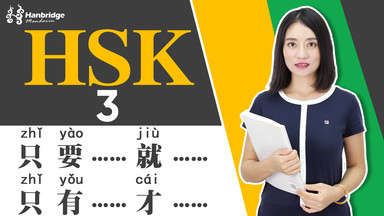


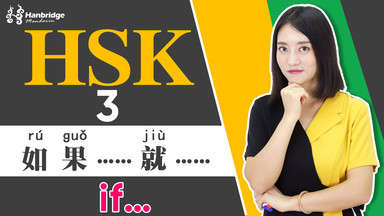
.jpg)
